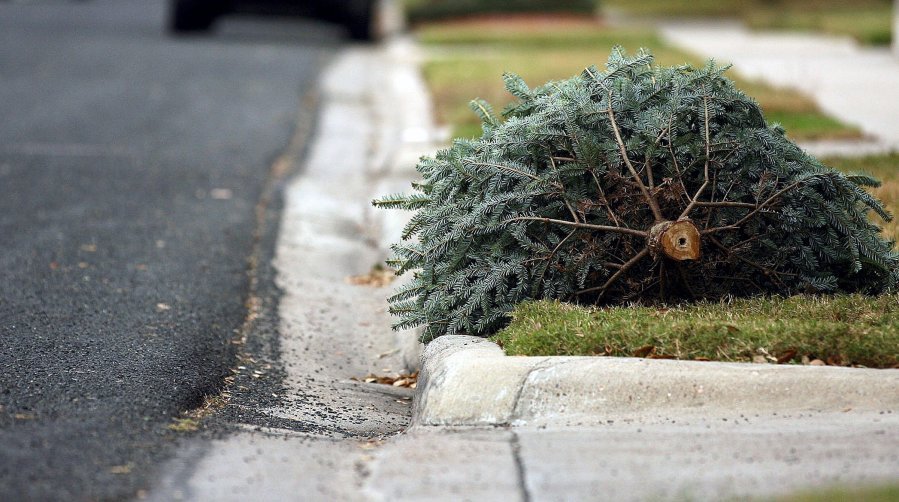 I’ve been thinking about writing a post for a long time, which is a good way to not write a post. Last week I felt sick and overwhelmed, but I couldn’t quite put my finger on either the “sick” or the “overwhelmed.” People really are terribly sick all over but I’m not. The heater has been broken for five days and won’t be fixed for another three, but you can’t get much overwhelm out of that when you’re wintering in California with a high of 80 and a low of 50. No, it was more that I had accumulated unreturned messages and unanswered letters and I knew too many people who were praying for real help, miracles and such, tumbling into sorrow and fear, and doubted that any of my pearly words could repair the broken. I didn’t think there was much I could do.
I’ve been thinking about writing a post for a long time, which is a good way to not write a post. Last week I felt sick and overwhelmed, but I couldn’t quite put my finger on either the “sick” or the “overwhelmed.” People really are terribly sick all over but I’m not. The heater has been broken for five days and won’t be fixed for another three, but you can’t get much overwhelm out of that when you’re wintering in California with a high of 80 and a low of 50. No, it was more that I had accumulated unreturned messages and unanswered letters and I knew too many people who were praying for real help, miracles and such, tumbling into sorrow and fear, and doubted that any of my pearly words could repair the broken. I didn’t think there was much I could do.
My teacher has always made a point of emphasizing why, whether we know it or not, we come to a spiritual practice, which is the very same reason Shakyamuni Buddha began his spiritual practice which is the very same thing that not a single one of us can do anything about. Namely, that we get old, get sick and die. Come face-to-face with that and it might tie up your tongue for at least a week or two.
I have been wondering lately what I’m supposed to do with my little old self, and I’ve lit upon an answer. I want to be useful, just a tiny bit useful, and you might argue that I’m already handy in that way so what I mean is that I want to be a tiny bit more useful. Useful is always good, you see. It’s not fancy, but it gets right to work for better and not worse.
And about the time you hit on the word, useful, up comes a chance to do something useful, and not because you’re feeling right-minded or decent, either, but just because you look up and see what you need to do.
In early December I heard that an old friend of mine had died without warning and all alone. He had been a priest with me until he left the temple and made his life as best he could on his own. He was without close kin but had an ex-wife who was big-hearted and she called me after it happened just to talk about all the things that had been left to her to iron out. I told her I would help, and I didn’t do much, but she felt she had some company in taking care of what comes after. Everything got sorted out and we did as much as we could to dignify his life and distribute the leftovers. She kept insisting that she wanted to pay me for my trouble, my mileage or my time and I refused because I hadn’t done a damn thing. But last week a card came from her with a crisp bill taped inside that had one of your more electrifying presidents printed on it. I shook my head and maybe muttered a curse or two but I said thank you because I could, in fact, use up a $100 bill in a single trip to the grocery store. I put it in my wallet.
The next day I was coming up to the corner of Lake Avenue and the 210 overpass when I saw my regular buddy working his spot where we cross paths two or so times per week. The light was red and as I stopped beside him I reached in my wallet for a dollar. I rolled down the window and we exchanged our familiar hellos and when I asked how he was doing he cocked his head and said “Well . . . ” Seems he’d just been given a $250 ticket for walking into the second lane of traffic when someone had waved three dollars at him and he hadn’t seen the patrol car until it was too late and he was cited for being a pedestrian outside of a marked crosswalk. The ticket was going to make him late on his rent. He was old and often sick, but he and a partner had worked themselves to the precarious point that they had a place to sleep with a roof over it, and every single day was a test of whether or not they could keep it. And then I remembered what I’d been given, and how I could share the merit of a friend’s life, pass on the generosity of another, and be a tiny bit more useful in this crooked world.
I handed him the crisp $100. He looked at me in disbelief and concern, which you can actually see when someone is thinking of you and not themselves.
“Are you sure you don’t need it?”
And then I was really sure.
###
You might find it useful to read what a friend of mine wrote after his son died from the flu: “What I learned when my son died.”



 For everyone.
For everyone.









